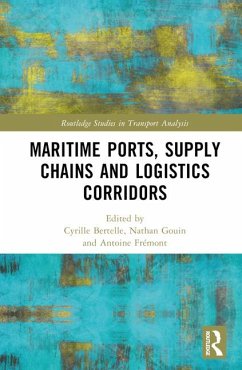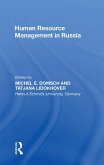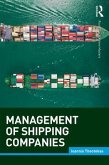This book aims to highlight the interrelations between maritime ports, supply chains and logistics. Inland corridors could be defined as major arteries for inland transportation from and to the maritime port. They link together one or several ports located on the maritime range with one or several major inland metropolitan areas. The efficiency of international supply chains depends not only on the smooth operations in the port but also on the efficiency of inland distribution in terms of cost, reliability, added value services for the goods, safety and finally the environment.
With contributions from international experts, the book offers a transversal perspective on logistics corridor development using case studies on the Seine Axis, among others. Organized into four key sections, the book highlights the interrelations between ports and corridors using both empirical and theoretical research from various disciplines, including engineering as well as human and social sciences.
Maritime Ports,Supply Chains and Logistics Corridors will be directly relevant to a wide variety of scholars and postgraduate researchers in the fields of transport studies and management, maritime logistics, supply chain management and international logistics as well as industrial engineering, geography, economics and political science.
The Open Access version of this book, available at http://www.taylorfrancis.com, has been made available under a Creative Commons Attribution-Non Commercial-No Derivatives (CC-BY-NC-ND) 4.0 license.
With contributions from international experts, the book offers a transversal perspective on logistics corridor development using case studies on the Seine Axis, among others. Organized into four key sections, the book highlights the interrelations between ports and corridors using both empirical and theoretical research from various disciplines, including engineering as well as human and social sciences.
Maritime Ports,Supply Chains and Logistics Corridors will be directly relevant to a wide variety of scholars and postgraduate researchers in the fields of transport studies and management, maritime logistics, supply chain management and international logistics as well as industrial engineering, geography, economics and political science.
The Open Access version of this book, available at http://www.taylorfrancis.com, has been made available under a Creative Commons Attribution-Non Commercial-No Derivatives (CC-BY-NC-ND) 4.0 license.








